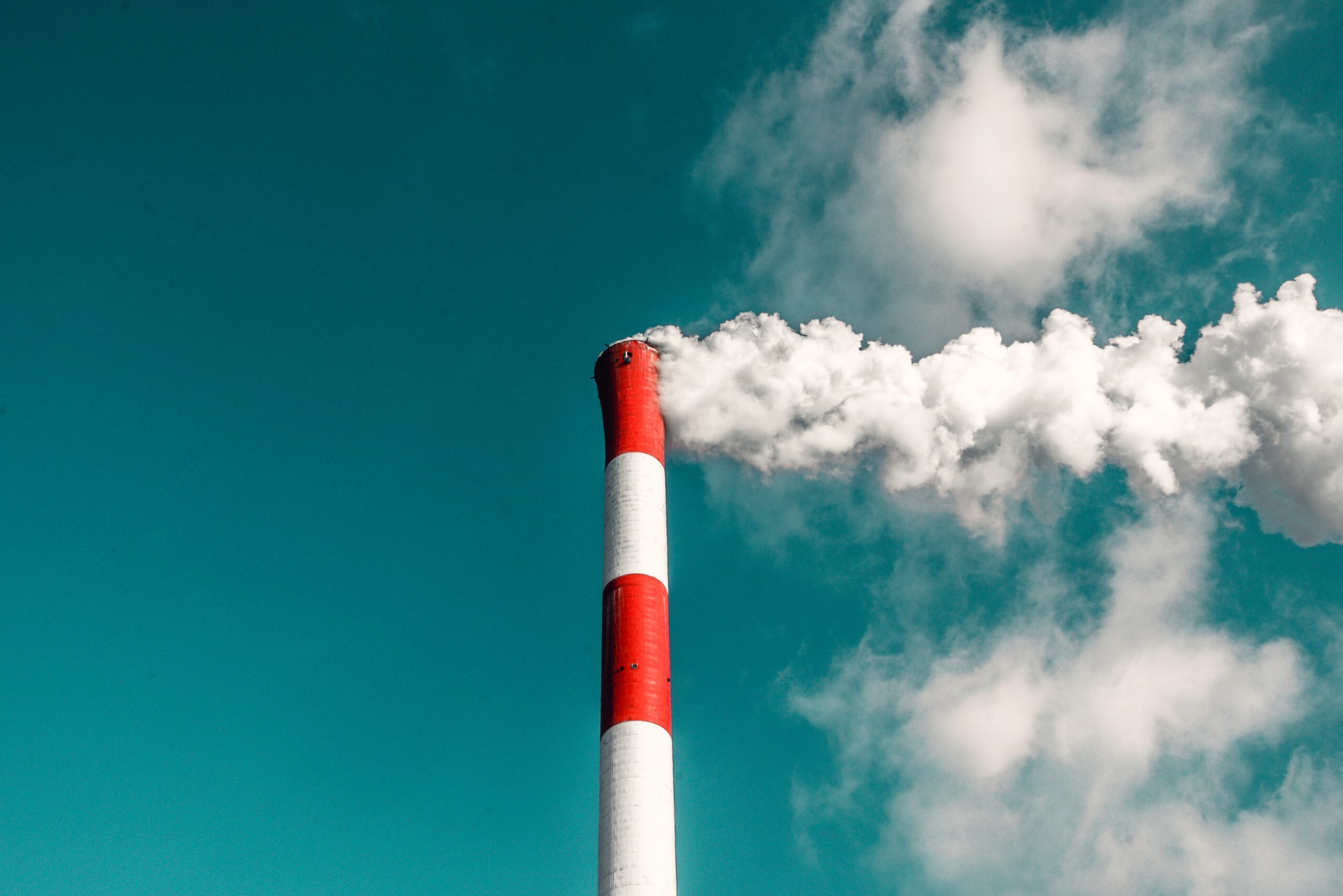The development of the Jakarta area is assured to remain massive despite the capital city status moving to the Nusantara Capital City. This assurance was conveyed by the Ministry of Home Affairs (Kemendagri). Jakarta, along with its metropolitan area, will also be focused on developing as a global trading hub and city.
The Secretary General of Kemendagri, Suhajar Diantoro, stated that this certainty is regulated under the legal umbrella of the Jakarta Special Region Law (UU DKJ) which was enacted on Thursday (28/3/2024).
“So, after the capital moves to the Nusantara Capital City, Jakarta development will even more focus on developing its primary vision as a global trading hub and city,” he said during the discussion agenda on the UU DKJ: Jakarta’s Future Post Capital City, Monday (22/4/2023).
One of the steps is to focus on regulating the agglomeration areas covering Jakarta, Bogor, Depok, Tangerang, Bekasi, and Cianjur (Jabodetabekjur).
Furthermore, Jakarta, along with its metropolitan area, will also be focused on developing as a global trading hub and city.
Read also: Indonesia Targets Asian and Australian Tourists to Anticipate Iran-Israel Conflict
Some special authorities held by Jakarta in the trade sector include, firstly, specializing in licensing and company registration in the trade sector, secondly, ensuring the stability of prices for essential goods and important goods, and thirdly, developing exports and consumer standardization.
“Including, yesterday there was advice from our friends in the DPR to continue to maintain even development. We agreed that a minimum of 5% of the APBD must be distributed down to the sub-district level,” added Suhajar.
Along with these special authorities, Jakarta is expected to remain competitive as one of the globally competitive cities.
Therefore, Jakarta is assured to remain the center of economic growth. Currently, Jakarta contributes the largest share of the Gross Domestic Product (GDP) at 17%.
“17% of Indonesia’s GDP is contributed by Jakarta, from the world’s perspective, wherever other countries come from. Jakarta remains the main gateway. Therefore, this opportunity is an important part to ensure Jakarta can continue to drive its provinces,” he concluded.






















